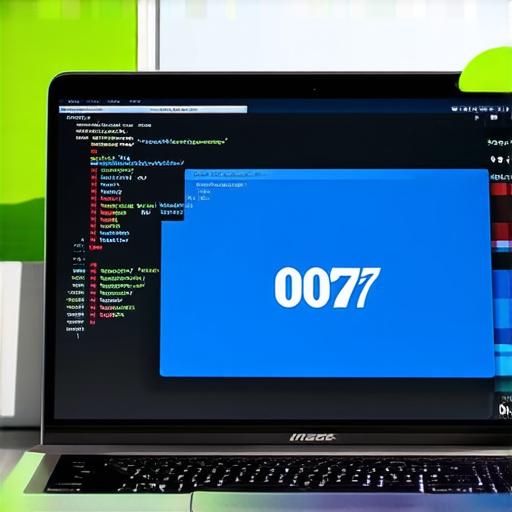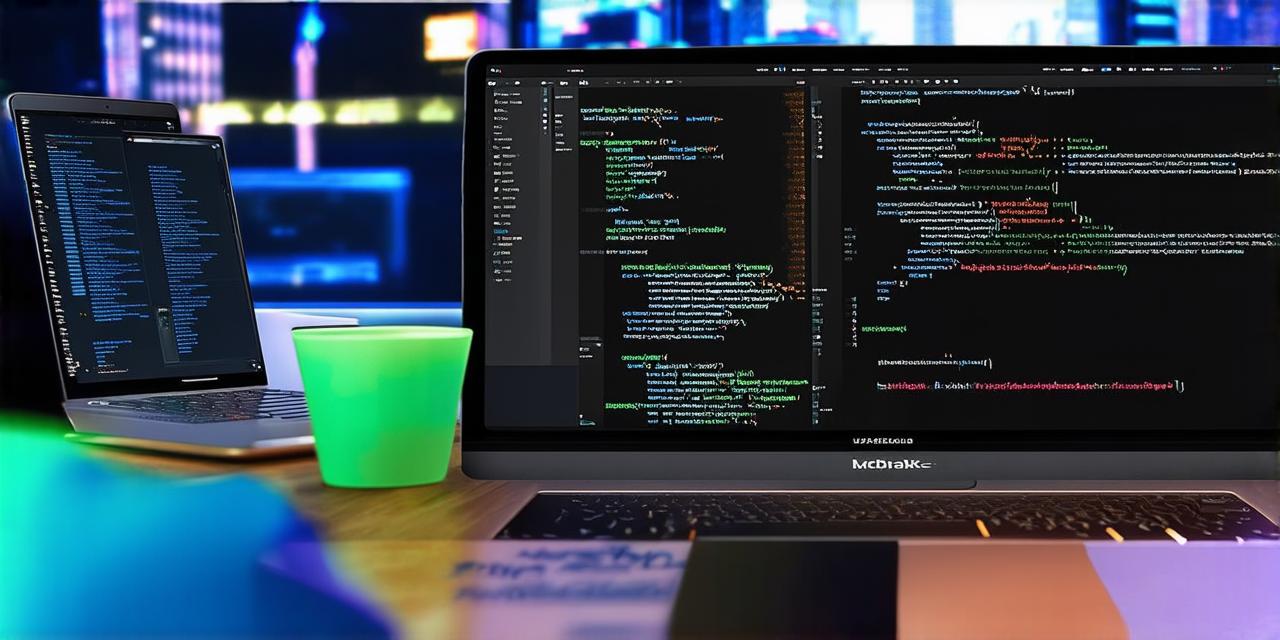If you’re interested in becoming an iOS developer, then congratulations! You’ve made a great choice. With the increasing demand for mobile applications and the growing popularity of Apple devices, there has never been a better time to start a career as an iOS developer.
Step 1: Learn Swift Programming Language
The first step to becoming an iOS developer is to learn the Swift programming language. Swift is the primary language used for developing iOS applications, and it’s an open-source language that was created by Apple. You can learn Swift through various online courses, tutorials, or boot camps. Some popular resources include:
- Udacity
- Codecademy
- Swift Playgrounds
Once you’ve learned Swift, it’s time to practice your skills by building small projects and applications. This will help you gain experience and confidence in your abilities.

Step 2: Learn Xcode IDE
Xcode is the integrated development environment (IDE) used for developing iOS applications. It’s free to download and use, and it comes pre-installed on Mac computers. Once you have Xcode installed, you can start building your first iOS application by following these steps:
- Open Xcode and create a new project.
- Choose the “Single View App” template.
- Name your project and select the location where you want to save it.
- Click “Create.”
- In Main.storyboard, add UI elements such as buttons, labels, and views.
- Open ViewController.swift and write code to connect UI elements with their respective IBOutlet properties.
- Run your application on an iOS device or simulator.
Step 3: Get Familiar with Objective-C
While Swift is the primary language for iOS development, it’s important to understand the basics of Objective-C as well. Objective-C is the programming language used for developing Mac applications and was also used in earlier versions of iOS. You can learn Objective-C through various online courses or tutorials, such as:
- Udemy
- Lynda.com
Once you’ve learned Objective-C, it’s time to practice your skills by building small projects and applications. This will help you gain experience and confidence in your abilities.
Step 4: Understand Apple’s Guidelines and Best Practices
When developing iOS applications, it’s important to follow Apple’s guidelines and best practices. These guidelines ensure that your application is user-friendly, secure, and optimized for performance. Some of the key guidelines and best practices include:
- Use Auto Layout for responsive design.
- Follow the Human Interface Guidelines for consistency and ease of use.
- Optimize your app for speed and efficiency.
- Test your app on various devices and screen sizes.
- Use encryption and other security measures to protect user data.
Step 5: Join Online Communities and Attend Conferences
Joining online communities of iOS developers is a great way to stay up-to-date with the latest trends and best practices in the field. Some popular online communities include:
- Stack Overflow
- iOS Developers Group
- iOS Dev Weekly
Attending conferences and meetups is also a great way to network with other iOS developers and learn from experts in the field. Some popular iOS developer conferences include:
- WWDC
- UIKIT
- iOSCon
Step 6: Build a Portfolio and Get Certified
Having a portfolio of your work is essential for landing your first job as an iOS developer. Your portfolio should showcase your skills, creativity, and experience in developing iOS applications. You can build your portfolio by creating small projects and applications that demonstrate your abilities.
Getting certified is also a great way to demonstrate your expertise and knowledge in the field. Apple offers various certifications for iOS developers, including:
- Apple Developer Certification
Conclusion
Starting a career as an iOS developer in 2021 is an exciting and rewarding opportunity. With the growing demand for mobile applications and the increasing popularity of Apple devices, there has never been a better time to learn Swift programming language, Xcode IDE, Objective-C, and other essential skills for iOS development. By following the steps outlined in this article, you can gain the knowledge and experience needed to launch your career as an iOS developer.
